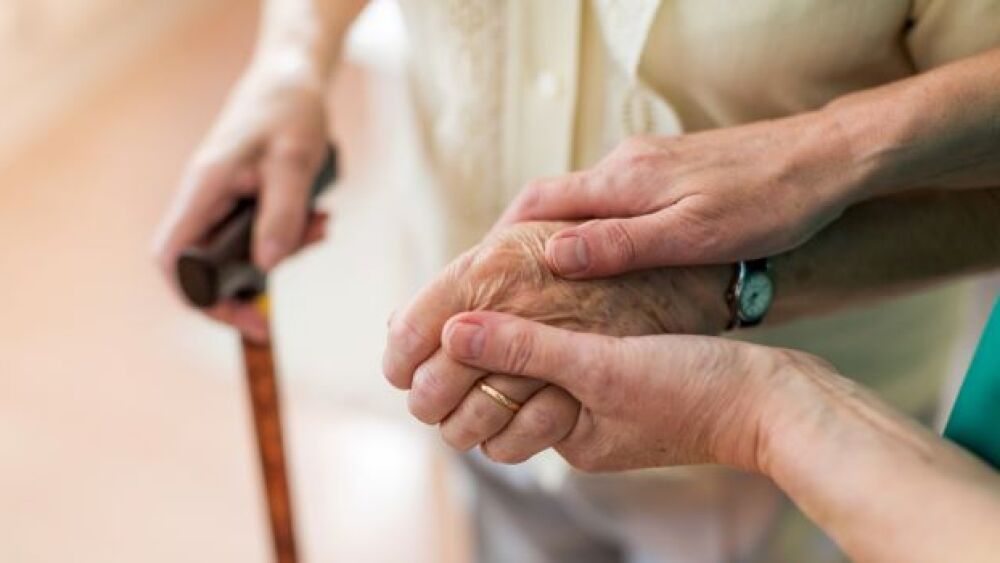Despite the apparent flop, the company noted Lomecel-B led to a significant dose-response curve in the 6MWT compared with placebo at 180 days.
Lomecel-B, Longeveron’s proprietary off-the-shelf cell therapy for aging frailty, failed the six-minute walk test (6MWT) endpoint of a Phase IIb study, according to a statement published by the Miami-based biotech on Friday. Despite the apparent flop, the company noted Lomecel-B led to a significant dose-response curve in the 6MWT compared with placebo at 180 days.
Investors have responded positively to the results of the Phase IIb trial, with shares in the company increasing by over 10% premarket Friday morning.
Longeveron’s Lomecel-B cell therapy is an allogeneic product consisting of medicinal signaling cells (MSCs) derived from adult bone marrow that has been culture-expanded in the company’s cell-processing facility.
In the Phase IIb trial of the drug, researchers assessed the efficacy and safety of a peripheral intravenous infusion of four doses of the therapy: 25 million cells (n=37), 50 million cells (n=31), 100 million cells (n=34), and 200 million cells (n=16). Another 30 patients were randomized to receive placebo. The active therapy was compared with placebo in terms of signs and symptoms of aging frailty, such as exercise tolerance and mobility.
Patients in the study were between 70 and 85 years of age and were required to have a 6MWT of 200 to 400 meters at screening. Additionally, patients were required to have a Canadian Health and Safety Assessment (CHSA) Clinical Frailty Scale score of 5 (mildly frail) or 6 (moderately frail) to be considered for entry.
The primary analysis compared the baseline change in 6MWT distance for each of the four dose cohorts with placebo at day 180. According to the company, researchers observed statistically significant increases in the 6MWT distance among patients randomly assigned to 50 million, 100 million and 200 million cells. In contrast, there was no significant change for the placebo group or the lowest Lomecel-B dose group.
In an adjusted analysis corrected for comparisons using the Hochberg method, however, the four different doses of Lomecel-B did not demonstrate a significant placebo-adjusted difference (25 million Δ=-0.2, p=0.9902; 50 million Δ=27.7, p=0.1279; 100 million Δ=16.8, p=0.3472; 200 million Δ=41.3, p=0.0635).
In the secondary analysis, which was used to assess a dose-response relationship for the 6MWT, researchers found a statistically significant dose-response curve at the 180-day follow-up period. Significant differences were also observed from placebo at day 270, a pre-specified exploratory endpoint.
“Improving physical function in older adults with frailty is one of the primary goals in geriatric medicine,” according to a statement made by Dr. Jorge G. Ruiz, M.D, geriatrician at the Miami Veterans Affairs Healthcare System, Geriatric Research, Education and Clinical Center (GRECC), a site involved in the study. “I would consider these results clinically significant and relevant for the older veteran population since one third of American Veterans older than 65 years have frailty.”
Longeveron’s chief executive officer, Geoff Green, emphasized the positive findings that showed a significant dose-response curve with the therapy. “Furthermore, the safety profile of Lomecel-B continues to look very good,” he added, “with no Lomecel-B related serious adverse events reported in this study, which is consistent with previous clinical trial data.”
The company says a team of independent frailty experts will soon review the study data during an upcoming steering committee. Findings from the meeting will be used to plan next steps for the program. Longeveron also plans to present the trial data on September 29 at the 2021 International Conference on Frailty and Sarcopenia Research (ICFSR).
“We look forward to engaging with our experts and potentially regulatory authorities to review the data and to advance into the next trial,” said Green. He noted that the company expects to begin a Phase I/II HERA trial sometime this quarter. This study will assess the effect of Lomecel-B on immune response to the influenza vaccination in patients with aging frailty. Another Phase II Japanese Aging Frailty trial is also expected to launch this year.





